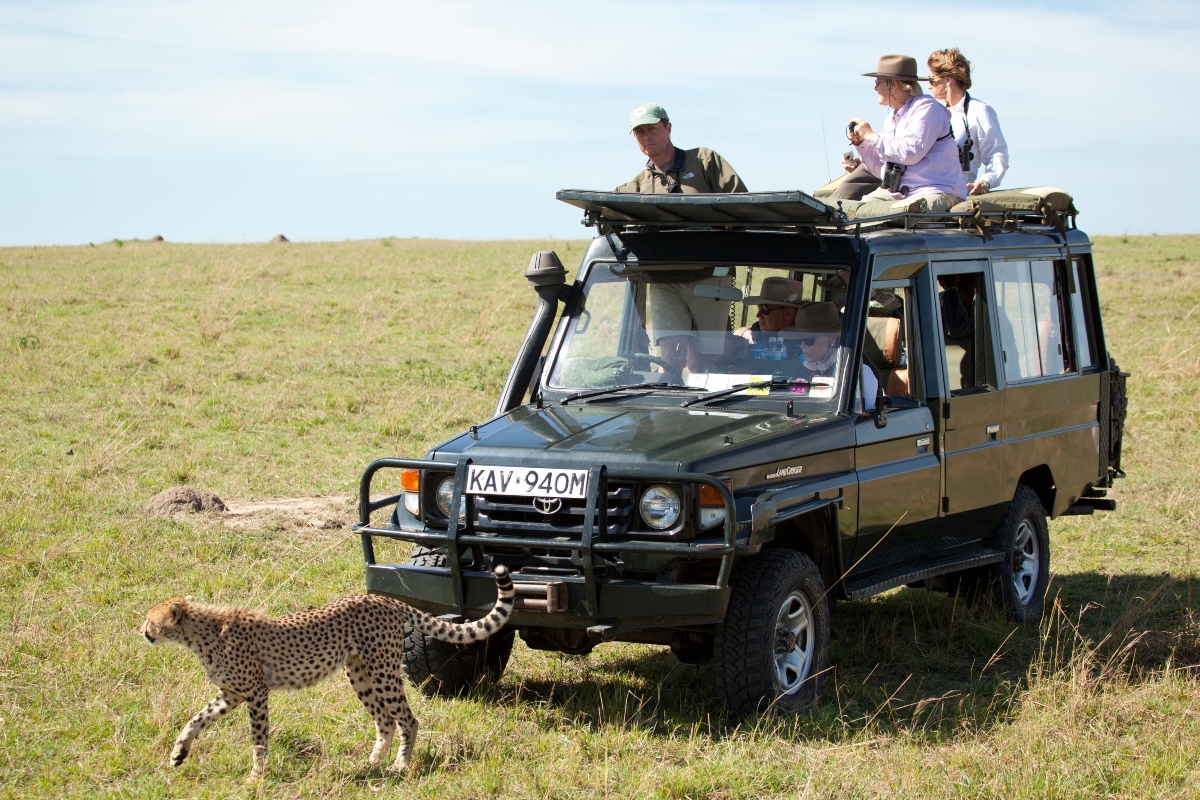Tips on how to save money when choosing your next car for a road trip | the most economically viable vehicles for your next safari | financial impact of choosing the right safari vehicle | money saving ideas for your next road trip vehicle

It is that time of the year when the kids are on holiday, and you have finally gotten a couple of weeks off from work. Everyone is super excited about going on holiday. Adding to this excitement is that you have also learnt about the joys of scheduling your self-driven trips.
However, while you might have already mapped out which places you intend to visit, one decision continues to give you untold anxiety- how to choose the right vehicle for the trip.
The car you pick might make or break your holiday plans. No one wants to subject their loved ones to uncomfortable rides across vast distances or, even worse, be stranded in the middle of nowhere.
For that reason, you want to ensure that the vehicle you choose will go the distance without breaking the bank. Here are five considerations to save you financial headaches when selecting a car for your road trip or safari.
1. Capacity
It goes without saying that the size of the vehicle you go for matters a great deal. In this regard, your primary consideration extends beyond the seating capacity and should include the cargo space as well.
The preferred model should thus comfortably accommodate your family and any necessary luggage.
Since road trips tend to belong, ensure you bear in mind the legroom and the headroom in the vehicle’s cabin. That factor is vital for tall passengers whose legs tend to cramp up in tight cabins.
Another facet of capacity you need to look out for is the car’s tank capacity, as this informs how far you can travel without refuelling.
Vehicles with a greater fuel capacity, such as Land Cruisers, are advisable when undertaking off-road excursions where fuel stations are not always guaranteed.
With an average consumption of 11.1 litres/ 100 Km, the 93-litre tank Land Cruiser will deliver quite some mileage before it needs refuelling.
2. Roads
Your choice of car will also be significantly determined by the road conditions you are likely to encounter on your trip.
On the one hand, an adventurous safari across the expansive Maasai Mara or the Bwindi National park might need powerful 4×4 safari vehicles. On the other hand, inter-town road trips on tarmacked roads are possible even with smaller vehicles.
Besides, understanding the terrain and choosing a suitable car ensures that you are less likely to damage the vehicle. By extension, it will spare you from suffering unnecessary yet costly repairs.
Aside from road conditions, the environment you will be travelling in also includes the weather conditions. When venturing into a colder climate, it is best to go for a vehicle with reliable climatic control as it will assure you of warm, comfortable rides.
3. Cost
Whether purchasing the vehicle or renting it, shop around to ensure that what you settle on is the best deal possible.
Please note that different car rentals offer varied rates. Rentals located at airports, for example, will always have steeper prices compared to their counterparts found in the business districts.
Also, in purchase cases, consider the maintenance costs you are likely to face in the long term.
For safari rentals, you should bear in mind the rental policy regarding any extra costs. For example, how much surcharge are you likely to suffer if the vehicle broke down while in your possession?
In the same spirit, in the event of minor dents and scratches, to what extent will you be expected to cater for those?
Always bear in mind the car rental companies also have penalties for late returns. For the sake of budgeting, it is crucial to know how much such charges are and any other extra charges and commissions.
Equally important is to ascertain whether the car is subject to a daily mileage limit or not. Rentals with a mileage limit may stall in the middle of your journey, thus occasioning you significant inconvenience.
Another nifty way of saving cash is by making an early booking, as most rental companies are likely to offer discounts to the early birds.
For purchases, lump-sum payment for the car might also avail you of some discounts.
4. Extras
When venturing into the wild, it is always advisable to go for a car whose extras are optimized for that kind of environment.
Such extras may include add-ons such as satellite and UHD communication radio. These will serve you well when you need to communicate while in a remote area.
Other essential add-ons that some car rentals may include are extra spare wheels and gas tanks to store your surplus fuel.
Getting a rental with a built-in rack for camping enthusiasts may come in handy when hauling your camping gear.
Some 4×4 vehicles such as the safari land-cruiser, Nissan Patrol, Subaru Outback used for holidays and safari vans all come with extras such as cold storage, open roof for game viewing and more.
5. Insurance
As is the case with all types of motoring, you will need to ensure your insurance adequately covers any eventualities.
For rentals, the car hire company should inform you about the type of cover their vehicle has and its terms.
Aside from ascertaining the extent of cover, knowing the details of the car’s insurance enables you to determine whether or not to take out additional coverage for your party.
Often, purchasing your travel insurance is cheaper compared to that provided under a rental.
The same applies to fuel. Opting for an already fueled car at the rental will likely cost you more than buying the fuel yourself.
To sum up
Adequate preparation allows you the luxury of arriving at the best car selection choices while saving on some of the costs that would otherwise arise from a hasty arrangement.





